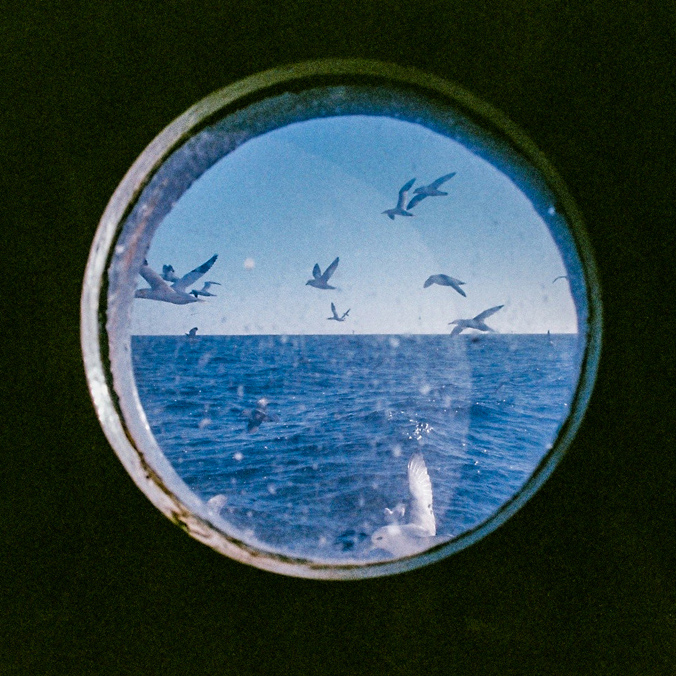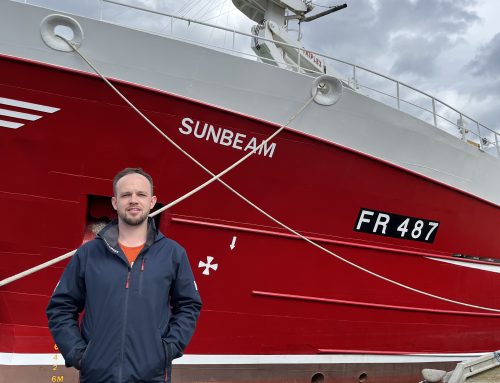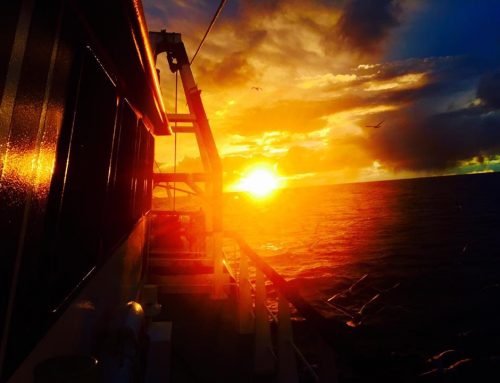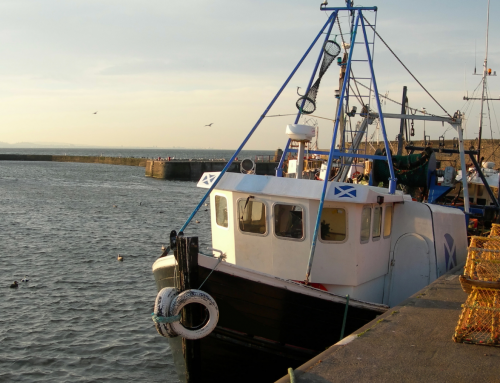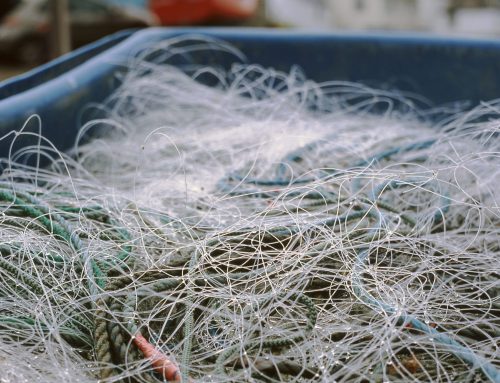For something that means exciting and new, the word ‘innovation’ can be a right old pain. So, we’ve asked Kara Brydson, FIS Executive Director, to explain how FIS defines the word ‘innovation’ and how they decide what makes a great project.
The word seems to have as many definitions as there are fish in a cod end, and what innovation means to Fisheries Innovation and Sustainability is a question we’re asked again and again.
Innovation in its modern meaning is ‘creative thoughts, new imaginations’. But that can discourage people from coming forward with ideas – in an industry as global, enduring and continually inventive as fishing, is there really anything new under the sun?
A more helpful definition of innovation is ‘the practical implementation of an invention, to make a meaningful impact on the market or society’. That hits the spot for FIS – we champion innovation to make the greatest positive change for our seafood industry and the people driving it. The knowledge generated by FIS projects must never sit on a shelf, but must be shared and used to support prosperous, sustainable fishing.
What innovation means to FIS
To encourage the sharing of ideas across Scotland and beyond, let’s clarify what innovation means to FIS:
- doing things differently and better
- finding ways that are ‘new to us’ if not entirely new
- learning from other places and industries to find what works best for us
- better ways of working and sharing information
- managing change and changing mindsets
- improving kit, building capacity, developing routes to market
- stakeholder expertise and peer review built-in right from the start
- taking risks together – it sounds crazy, but it just might work!
Assessment criteria
Understanding what innovation means for FIS also helps explain what makes a great FIS project.
When FIS is considering where we can add value to Scottish businesses and communities, we turn to our decision tree. This process helps us spot untapped potential, and supports those who want to share ideas. Potential projects are considered against each question in the decision tree – and only progress if the answer is yes!
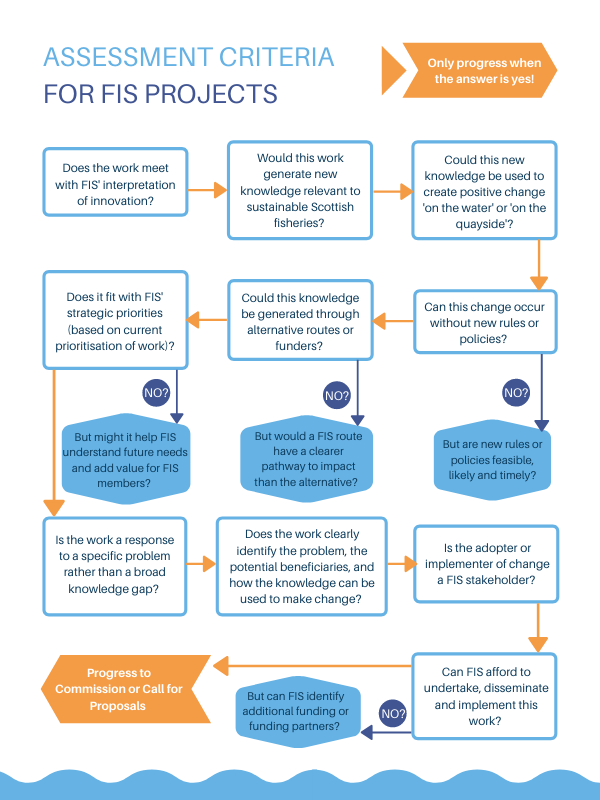
Pathway to Impact
To ensure each FIS project makes the greatest positive, practical change for our stakeholders, we ask:
- what the impact of the project could be on industry, policy or other sectors, and how we will engage with each group to ground-truth this understanding.
- who might benefit or lose out from this impact, and how we involve these stakeholders right from the project planning stages.
- how the knowledge will be used, rather than how it will be disseminated, and how potential benefits will be maximised.
- what financial costs there would be for stakeholders to utilise or embed this knowledge and how these costs could be met.
- where the project sits on the Technology Readiness Levels tool and how progression will be made.
- how success will be measured, including completion of the FIS project logic model.
A historic meaning of the word innovation may come as a shock to FIS members – in the 1400s, it was a pejorative term for revolt and rebellion. FIS would argue that recovery and resilience is more appropriate right now, when colleagues and friends, on and offshore, are struggling with the effects of the global pandemic on their supply chains. Whatever spin is put on the term ‘innovation’, it’s surely about shared opportunities and genuine collaboration – FIS wants to hear from anyone with ideas for prosperous, sustainable fisheries.

